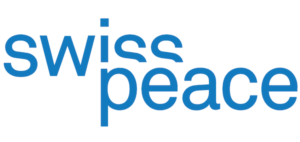Humanitarian organisations carry out their operations on the premise that those affected by natural or man-made disasters have ‘the right to life with dignity and, therefore, the right to assistance’. This study examines the experiences of South Sudanese forced migrants (refugees and IDPs) as recipients of humanitarian assistance. It found that, while assistance saves lives and alleviates suffering, it does not necessarily enable recipients to fully enjoy human rights and regain their dignity, mainly because of the type and level of assistance provided and the way it is managed. Often, the kinds of assistance that refugees or IDPs receive, or the ways in which it is provided, do not make recipients feel respected or that their dignity is considered. Admittedly, refugees and IDPs have significant differences, but they generally have much in common in their interactions with aid givers. In fact, the circumstances of some IDPs, such as the thousands of individuals on bases of the United Nations Mission in South Sudan (UNMISS), are no different, and sometimes in a worse situation, than those of many refugees.






